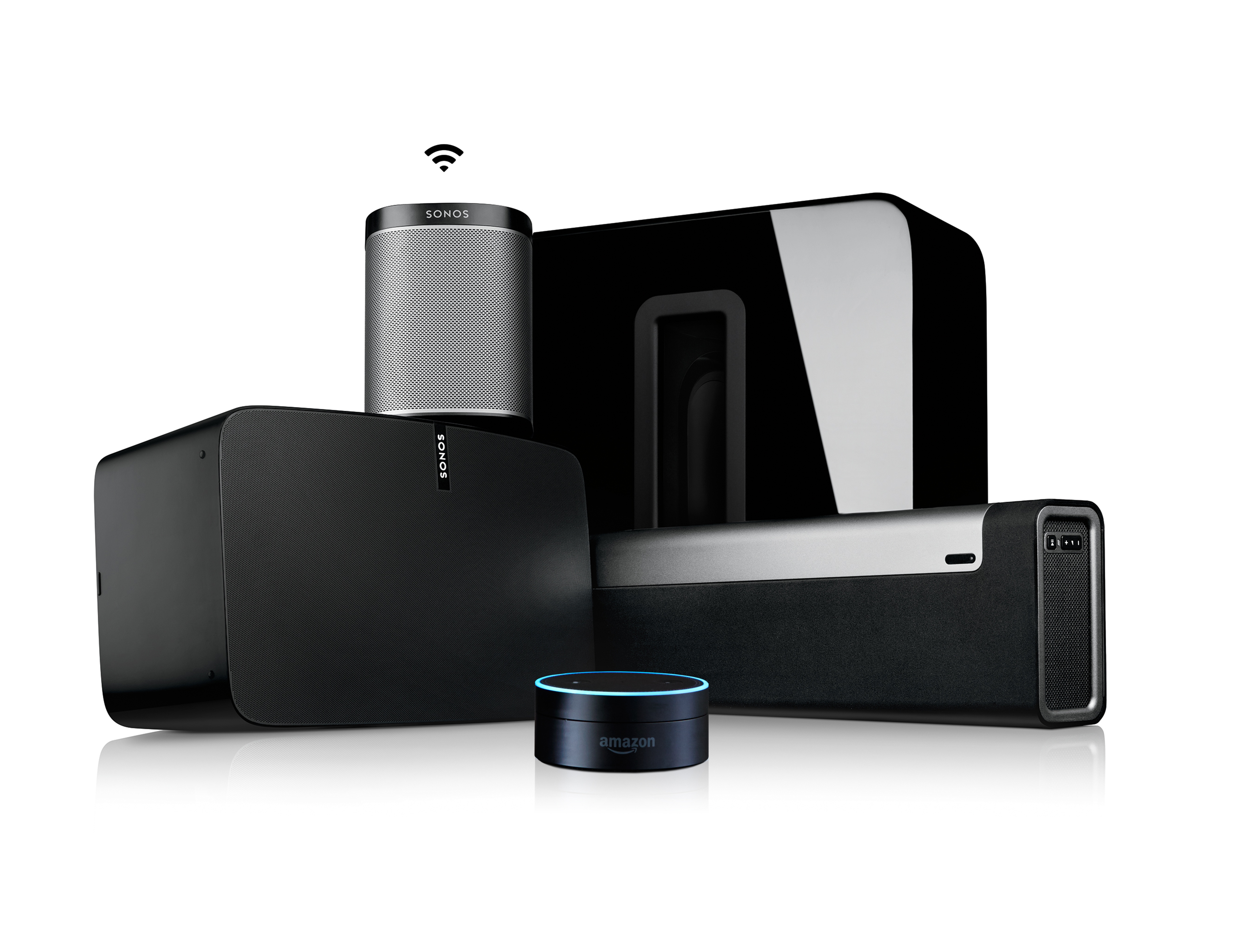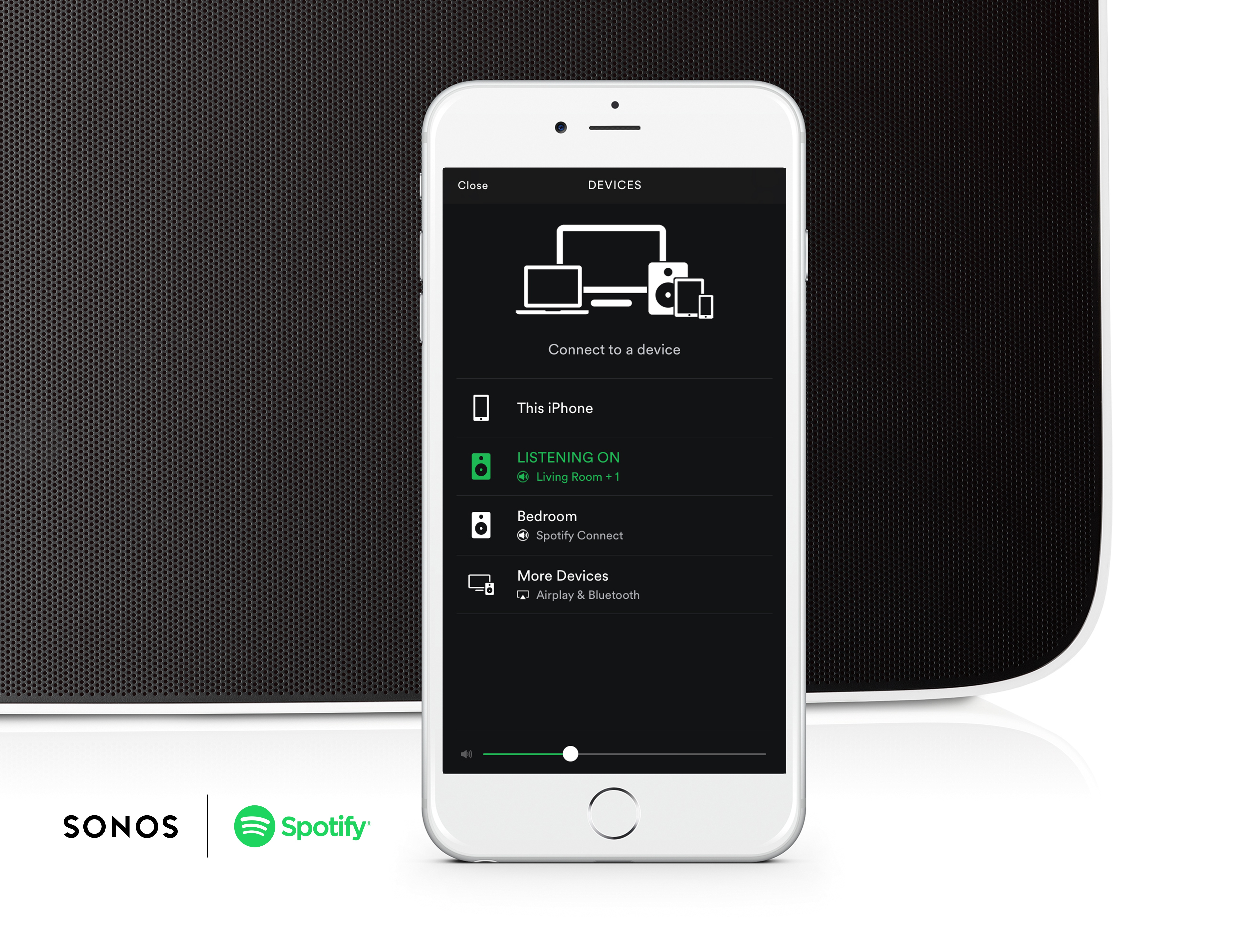Earlier this week, Logitech announced support for a new Alexa skill that lets Echo owners control their Harmony hubs and associated devices and services.
Today Logitech announced a new Amazon Alexa skill that enables voice control of your entire living room entertainment experience using a Logitech Harmony Hub with Alexa-enabled devices such as the Amazon Echo or Echo Dot.
When the skill is enabled on Amazon Echo or Amazon Echo Dot, you can start and stop Harmony Activities, control your entertainment devices, or even turn directly to your favorite channels, hands free, using only your voice. Harmony users can simply say “Alexa, turn on the TV,” or “Alexa, turn on Netflix” to control the TV as well as other entertainment and smart home devices, and Harmony makes it happen.
As those who listen to Connected may know, I’ve spent the past few months building a home automation setup based on the Amazon Echo and Alexa (more on this in the future). Connecting my TV to voice commands was the missing piece.
Here’s Dan Moren, writing for Six Colors:
I set up a similar system a while back, using a combination of other services like IFTTT and Yonomi, but Logitech’s first-party integration definitely puts it in the reach of anybody with an Echo and a Harmony Hub who doesn’t want to muck around with nitty-gritty technical details.
Logitech’s integration mostly delivers what I could already do with those other services, but there are a couple of nice additions. For one thing, it gets rid of the “trigger” nomenclature imposed by IFTTT. Additionally, it lets you declare “friendly names” for your devices, so even if your Harmony Activity is “Watch Apple TV” you can just say “turn on Apple TV”, or you can use “turn on game console” or “turn on Xbox.” Other smart home devices that work with the Harmony Hub, like Hue lights, can also be triggered, though of course the Echo already has built-in control for those devices as well.
This sounds great. I ordered a Harmony hub + remote yesterday, and it’s coming next week.




